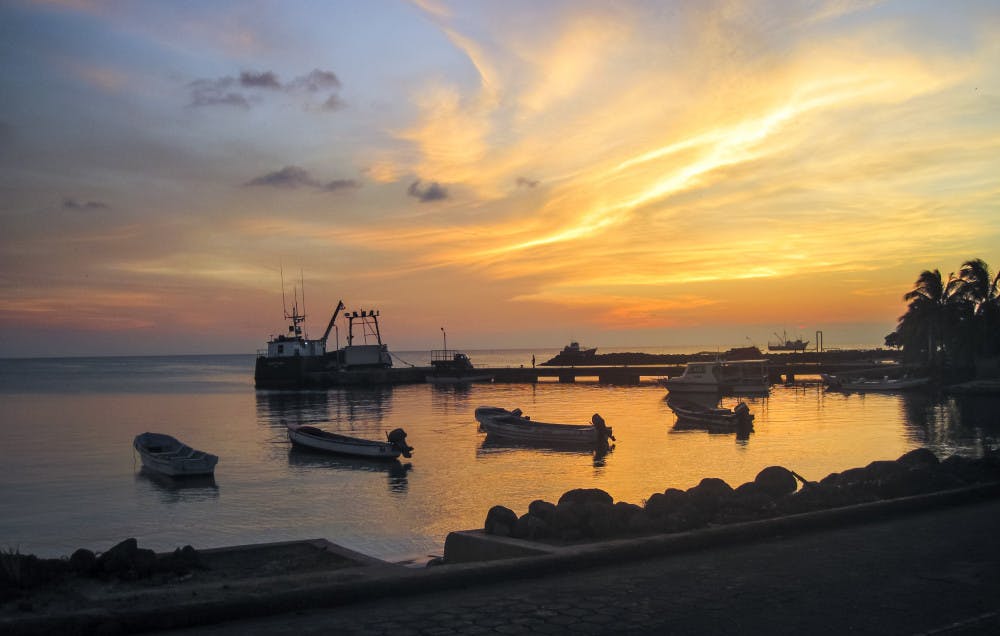By Sarah Adamo
Staff Writer
The Nicaraguan government denied a five-person commission from the Organization of American States entry into the capital of Managua on Sept. 14, Reuters reported.
OAS wanted the peace mission to reach the country on Sept. 16 to facilitate the end of a political crisis in Nicaragua that has caused major internal divisions. Reuters reported that demonstrations erupted against the country’s government in April 2018, with citizens hoping to counter Nicaraguan President Daniel Ortega’s projected reductions to welfare benefits.
Ortega perceived the protests as an “illegal plot by adversaries to oust him,” according to Reuters.
Furthermore, The Associated Press reported that the scope of the political clash has widened — the Inter-American Commission on Human Rights found that over 325 people have been killed in an attempt by the government to stop protests.
To escape from the turmoil, thousands of Nicaraguans have exiled to San José, Costa Rica, according to The Guardian. With capacity already overstretching, it will be difficult to formalize all the claims of the citizens wishing to relocate.
“‘It’s a slow but sure death if I continue (in San José),’” said Dr Estrada, an unemployed Nicaraguan living in exile, according to The Guardian. “‘I don’t want to die in exile without seeing my family again. Ortega is destroying us.’”
Ricardo Pineda, who worked as a doctor at a private clinic in Managua before fleeing the country, divulged some of the atrocities that civilians face to The Guardian.
“‘Some people come (to San José) badly wounded, many raped,’” he told The Guardian. “‘The government uses rape as a weapon of war. Nicaraguan exiles have major psychological problems.’”
According to Havana Times, OAS consists of diplomats from the U.S., Argentina, Canada, Jamaica and Paraguay. The organization was established this past June at a general assembly convened in Medellin, Colombia.
Before the rejection from Nicaragua’s government, the commission planned to open dialogue with government representatives, the Civic Alliance, National Unity movement and loved ones of political prisoners and murder victims in the Nicaraguan crisis, Havana Times reported.
In addition, Havana Times reported that the commission’s arrival could have meant freedom for the over 120 political opponents imprisoned under the Ortega administration. As of now, no progress on this issue has been made.
“‘It’s airtight, we don’t know anything, we don’t have communication at all,’” said the uncle of Jaime Navarrete, a political prisoner, according to Havana Times.
Despite the setbacks, OAS is resolute in the continuation of its work. Despite great censorship within the country, Nicaraguans have been directing its further plans. According to The Guardian, former Ortega ally Rafael Solís preceded the commission in his calls for a peace mission.
“‘Violence will not solve this crisis,’” Solís told The Guardian. “‘We need dialogue. But Ortega has to free all political prisoners. We need to be patient.’”







